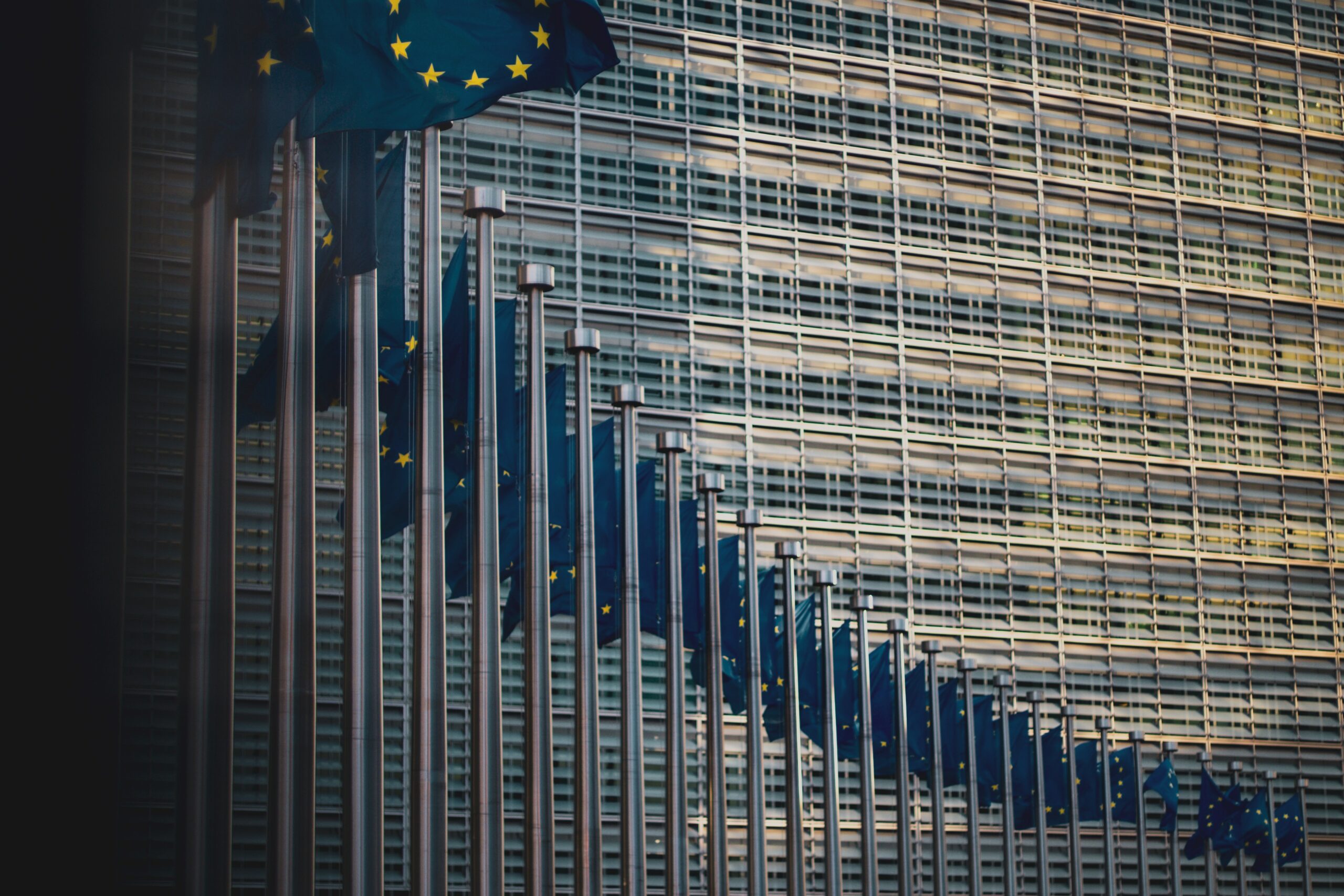- Client: European Commission
- Implementation period: May, 2022 - April, 2023 (Completed)
- Geographic coverage: European Union
- Theme: Energy
- Topic: Energy Policy Regulation and Markets
- Experts: Onne Hoogland, Koen Rademaekers, Maja Lardot, Jessica Yearwood Travezán
The aim was to provide support to 15 Member States on the identification of suitable investments and reforms and the preparation of a national action plan for decreasing the dependency on fossil fuels from Russia by 2030 in the context of the Recovery and Resilience Plans.
The work carried out under this technical support project provided relevant analyses and elements to Member States in line with the REPowerEU objectives. The work can be divided in three main elements:
1. Analysis of energy-related dependencies focused on a mapping of the energy dependencies specific to the Member State, reviewing the energy demand and supply structure, as well as energy technology dependencies at the EU level
2. Development of additional reforms and investments for each of the 15 Member States to decrease the dependence on Russian fossil fuels. Through this work a total of 562 potential additional reforms and investments (R&I) were identified. 199 R&I were included in the final shortlist, an average of 13 measures per Member State.
3. In-depth and/or hands-on support to assist Member States with the development of initiatives that could reduce (Russian) fossil fuel consumption, ranging from elaborate studies to brief and practical support. 59 concrete deliverables were produced in this part of the project.
Reforms, investments as well as in-depth and hands-on support were provided in topics such as diversification of energy sources and carriers, promoting low carbon hydrogen development, buildings’ energy efficiency, industrial and transport decarbonization, accelerating the rollout of renewables and heat pumps, streamlining permitting for renewables, grid flexibility, as well as critical raw materials and supply chain dependencies.
Specific topics analyses include:
• RES permitting: A number of Member States requested in-depth support on subjects related to streamlining permitting, grid connection and site selection processes for renewables, namely Belgium, Croatia, Estonia, Greece, Ireland, Italy Poland, Portugal, Slovenia and Spain. The scale of these support activities included, amongst others, suggestions for reducing the number of appeals for (and thus speeding up) renewables permitting requests (in Belgium), to a request for accelerating permitting procedures for offshore wind farms in Italy, which included a comparative analysis of permitting procedures and offshore wind projects in similar countries, in this case Greece and France.
• Hydrogen: The most requested in-depth support area was hydrogen. All 15 Member States requested support ranging from development of a national hydrogen strategy to information on initiatives to promote renewable and low-carbon hydrogen production outside EU. Many hydrogen projects also focused on topics within industrial decarbonisation, for example on various topics surrounding the switch to renewable hydrogen alternatives within industry.
• Biogas and biomethane: Seven Member States requested in-depth support related to the topic. Activities covered aspects such as assessment of the production potential from specific feedstocks, and design of a regulatory framework for promotion of biogas and biomethane. Furthermore 11 actions were proposed for regulatory reforms or investments advancing the deployment of biogas and biomethane.
• Industrial decarbonisation: 10 out of the 15 Member States requested support on topics related to industrial decarbonisation (Belgium, Cyprus, Estonia, Finland, Greece, Hungary, Ireland, Poland, Slovenia and Spain). Specific requests varied depending on the necessities of each Member States. These included analysis of reforms and investments related to the deployment of renewable energy and electrification (via heat pumps, renewable hydrogen, industrial electrification, etc.), setting and enforcing long-term targets in the industrial sector, introducing CCfDs in energy intensive industries, amongst others.
• Transport: Seven Member States requested support on topics related to transport (Croatia, Cyprus, Estonia, Greece, Ireland, Poland and Slovenia). The technical support covered topics such as electrification of transport, the use of advanced biofuels and other measures such as modal shifting.
• Energy efficiency in buildings: Measures for increasing the energy efficiency in the built environment were developed for practically all 15 Member States in the project. Measures considered include additional economic support schemes, further developing energy service companies, awareness campaigns, (re)skilling measures for the construction sector, measures targeting low-income households and public buildings, and labelling initiatives.
• Grid flexibility: Three Member States requested in-depth support on increasing the power system flexibility. Analysis conducted includes the identification of drivers for flexibility needs and of potential flexibility sources, the evaluation of existing frameworks and proposal of measures to facilitate the provision of system flexibility by new and small actors (including through changes in the market design), and the surveying of IT systems to facilitate the deployment of flexibility solutions.
• Raw materials and supply chain dependencies analysis. For the EU as a whole, an analysis of key dependencies of various clean energy technologies was also developed. The analysis identified where the EU has critical dependencies on external sources of supply for energy technologies whose use may grow in response to declining fossil fuel use. The ultimate aim was to evaluate whether or not such dependencies should affect the actions taken under REPowerEU, and to form some recommendations with regard to REPowerEU’s main objectives. The analysis focused on the entire supply chain (i.e. from raw materials to decommissioning) for selected energy technologies, including solar photo-voltaic panels, wind turbines, and batteries, with some discussion of electrification and electricity grid infrastructure.
